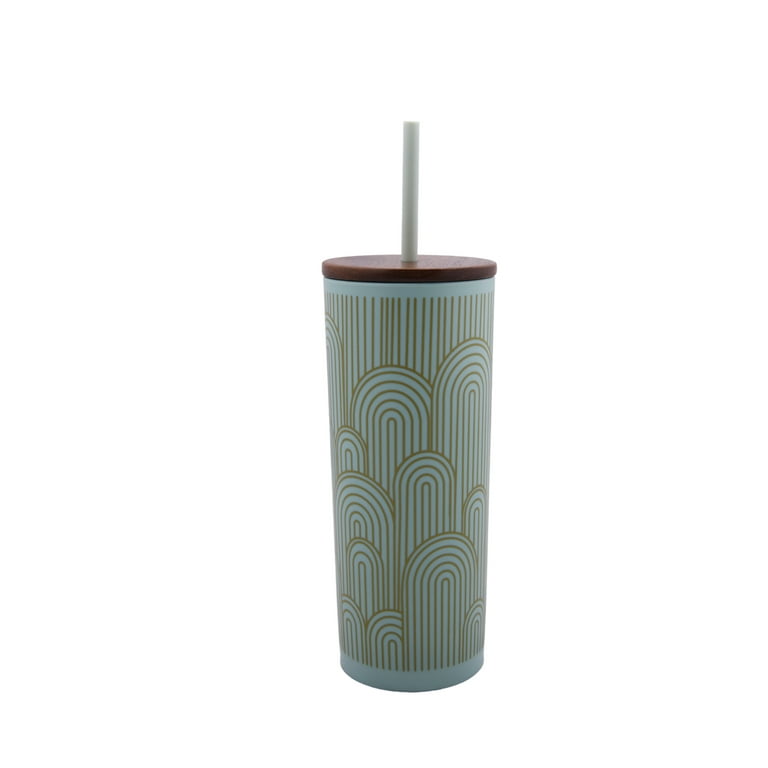
In today's environmentally conscious world, the need for zero waste living has become imperative.
This article presents 10 must-try strategies for embracing a plastic-free lifestyle, ensuring a healthier planet for future generations.
From reusable products and composting to recycling and reducing consumption, these practical and action-oriented methods offer a roadmap to minimizing waste and making sustainable choices.
By following these strategies, individuals can contribute to a more sustainable future and enjoy the freedom of a cleaner, plastic-free environment.
Reusable Products
Reusable products are essential for reducing waste and minimizing our impact on the environment.
One of the most effective ways to incorporate reusable products into our daily lives is by using reusable bags and water bottles.
By opting for reusable bags made from durable materials such as canvas or jute, we can significantly reduce the number of plastic bags that end up in landfills and contribute to pollution.
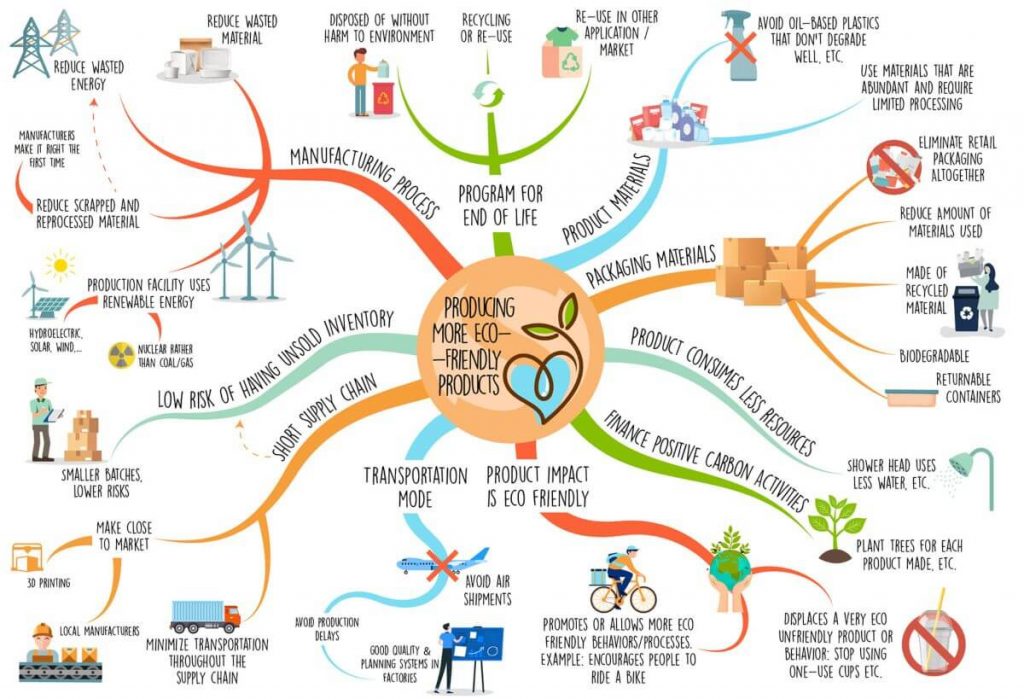
Similarly, choosing to carry a reusable water bottle instead of relying on single-use plastic bottles is a simple yet impactful step towards reducing plastic waste.
These small changes can make a big difference in reducing our carbon footprint and preserving the health of our planet.
Composting
To further reduce waste and promote sustainability, another effective strategy is incorporating composting into our daily routines.
Composting is a natural process that involves the decomposition of organic materials, such as food scraps, yard waste, and paper products, into a nutrient-rich soil amendment.
By diverting these materials from landfills, we can significantly reduce methane emissions, a potent greenhouse gas.
Composting has numerous benefits, including improving soil health, reducing the need for chemical fertilizers, and conserving water.
The composting process is simple and can be done in your backyard or even in an apartment using a compost bin or worm bin.

Recycling
The next crucial step towards achieving zero waste living is embracing recycling as a means to combat environmental degradation and promote a circular economy.
Recycling is the process of converting waste materials into reusable materials, reducing the need for new raw materials and minimizing the negative impact on the planet.
To maximize the effectiveness of recycling, it is important to explore recycling alternatives and innovative recycling methods.
One such alternative is upcycling, which involves transforming waste materials into new and improved products.
Another method is mechanical recycling, where plastics are melted and reprocessed into new plastic products.
Additionally, chemical recycling is gaining traction, as it allows for the breakdown of plastics into their original building blocks, which can then be used to create new materials.
Reducing Consumption
A key aspect of achieving zero waste living is through the reduction of consumption, aiming to minimize the demand for new products and resources.
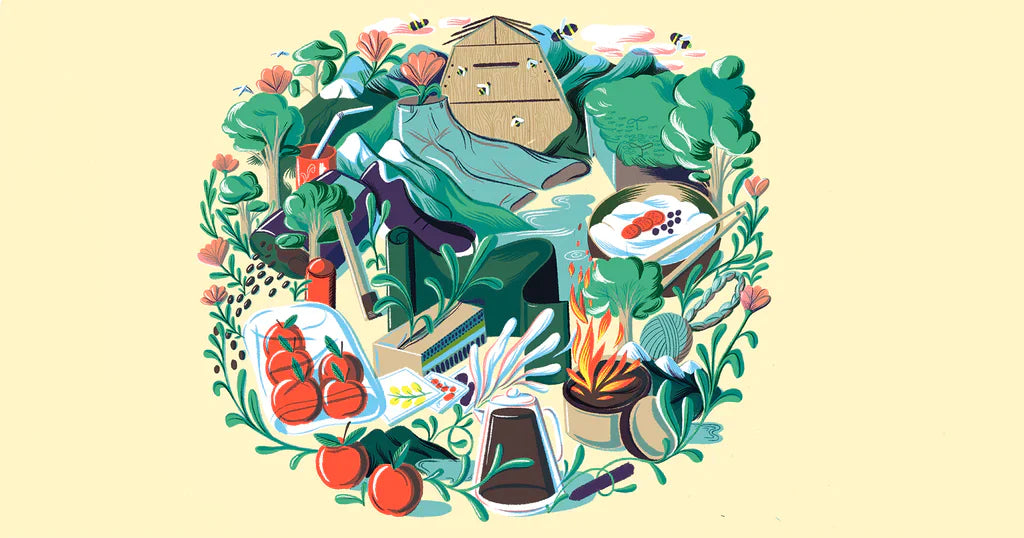
Adopting a minimalist lifestyle and practicing conscious consumerism are effective strategies in this regard.
Embracing a minimalist lifestyle means prioritizing experiences and relationships over material possessions. It involves decluttering and simplifying one's living space, only keeping items that are truly essential and bring joy.
Conscious consumerism, on the other hand, involves making deliberate and informed choices about what we purchase and consume. This includes researching the environmental impact of products, supporting sustainable and ethical brands, and opting for durable, reusable, and recyclable items.
Buying in Bulk
Buying in bulk is a cost-effective strategy that can help reduce waste and single-use packaging. By purchasing items in larger quantities, you can often save money while also minimizing the amount of packaging that ends up in landfills.
Consider buying pantry staples like grains, beans, and spices in bulk to reduce your environmental impact and save some money in the process.
Cost-Effective Bulk Options
When shopping for cost-effective bulk options, it is important to consider the long-term benefits and environmental impact. Buying in bulk can be one of the most effective cost-saving strategies for zero waste living. By purchasing items in larger quantities, you can save money on packaging and reduce the amount of waste generated.
Not only does buying in bulk help you save money, but it also has environmental benefits. When you buy in bulk, you are reducing the amount of packaging waste that goes into landfills. Additionally, buying in bulk often means purchasing items with less packaging overall, further reducing your environmental impact.
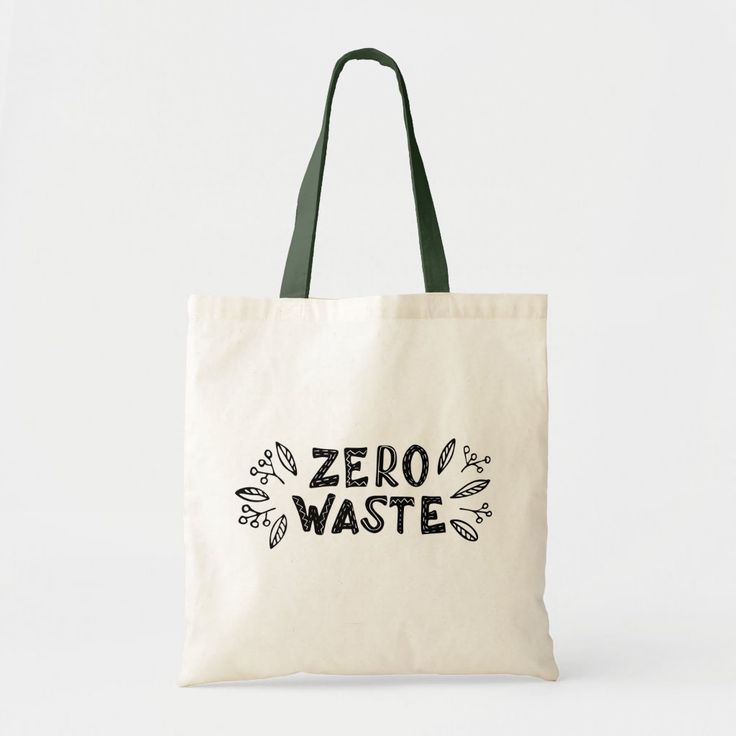
Reducing Single-Use Packaging
The adoption of bulk purchasing is an effective strategy for reducing single-use packaging in zero waste living. By buying in bulk, you can minimize the amount of packaging waste generated from individual items.
Here are four sustainable alternatives to consider when reducing single-use packaging:
- Bring your own containers: Instead of using plastic bags or containers provided by the store, bring your own reusable containers. This could include jars, bags, or even cloth produce bags.
- Shop at bulk stores: Look for stores that specialize in bulk items, where you can bring your own containers and fill up on pantry staples like grains, nuts, and spices.
- Choose products with minimal packaging: When purchasing items, opt for products that have minimal or no packaging. This can significantly reduce the amount of waste generated.
- Make your own products: Consider making your own household products, such as cleaning solutions or personal care items. This allows you to control the ingredients and packaging used.
DIY Products
Creating your own products is an effective way to reduce waste and minimize plastic consumption in our daily lives. DIY cleaning and DIY beauty products offer a sustainable alternative to store-bought items that are often packaged in plastic.
By making your own cleaning solutions, you can eliminate the need for plastic bottles and harmful chemicals. Simple ingredients like vinegar, baking soda, and essential oils can be used to create effective and eco-friendly cleaners for various surfaces.
Similarly, DIY beauty products allow you to avoid plastic packaging and potentially harmful ingredients found in commercial products. You can make your own skincare, haircare, and personal care items using natural ingredients like coconut oil, shea butter, and essential oils.
Package-free shopping is an essential strategy for reducing plastic waste and living a zero waste lifestyle. By opting for sustainable packaging options, such as bulk bins and refill stations, consumers can significantly reduce their environmental footprint.
Additionally, package-free shopping offers numerous benefits, including the ability to purchase only the desired quantity of a product and eliminating unnecessary packaging waste.
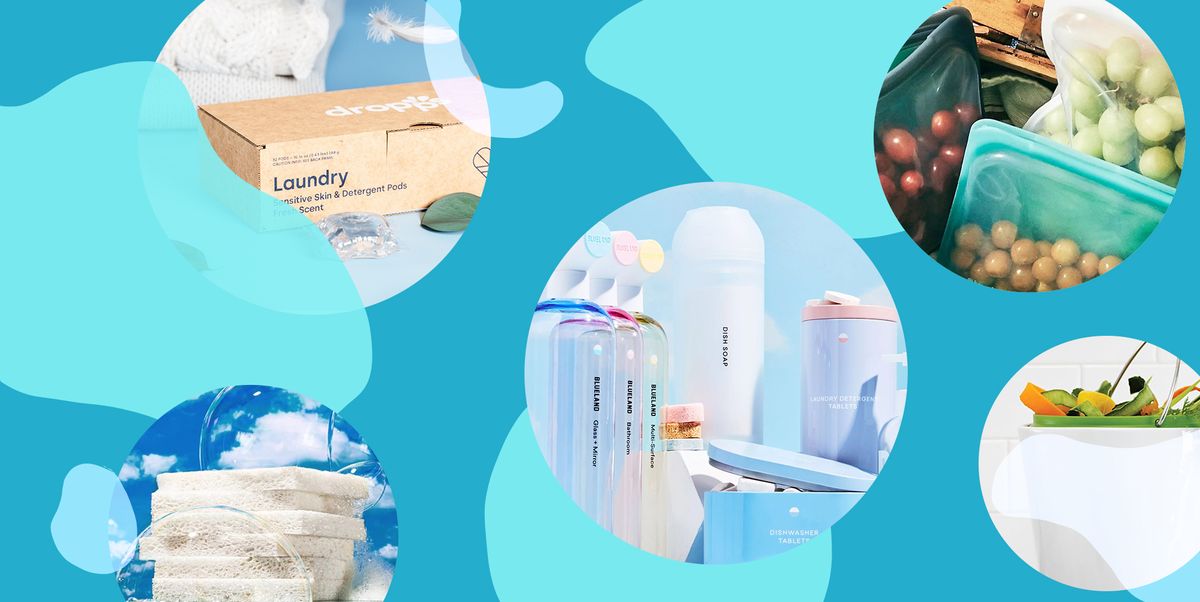
Sustainable Packaging Options
A key element in adopting a zero waste lifestyle is the utilization of sustainable packaging options for a healthier planet. By choosing eco-conscious packaging solutions, we can reduce our impact on the environment and move towards a more sustainable future. Here are four sustainable packaging trends to consider:
- Package-Free Shopping: Opt for stores that offer package-free shopping experiences, where you can bring your own containers and fill them with the products you need. This eliminates the need for unnecessary packaging materials.
- Compostable Packaging: Look for products that come in compostable packaging made from natural materials like plant fibers or bioplastics. These packaging options can be composted at home or in municipal composting facilities.
- Reusable Packaging: Choose products that come in reusable packaging, such as glass jars or metal tins. This allows you to use the packaging multiple times before recycling or repurposing it.
- Minimalist Packaging: Seek out products with minimal packaging, avoiding excessive layers of plastic or unnecessary materials. Look for brands that prioritize simplicity and waste reduction in their packaging design.
Benefits of Package-Free
The benefits of adopting a package-free shopping approach are significant for individuals striving to live a zero waste lifestyle.
By reducing waste and minimizing the use of packaging materials, package-free shopping can have a positive environmental impact.
One of the main benefits is the reduction of single-use plastics, which contribute to the global plastic pollution crisis.
Package-free shopping also encourages a more mindful consumption pattern, as it requires individuals to bring their own reusable containers and bags, promoting a more sustainable way of shopping.
Additionally, package-free shopping can save money in the long run, as bulk items tend to be cheaper than their pre-packaged counterparts.
To continue the conversation on reducing waste and promoting sustainable consumption, let's explore the practice of grocery shopping without packaging. Zero waste grocery shopping, also known as waste-free shopping, is a great way to minimize your environmental impact and contribute to a healthier planet. Here are some grocery shopping tips to help you achieve a waste-free shopping experience:

- Bring your own reusable bags and containers: Instead of relying on single-use plastic bags and containers, bring your own reusable options. This includes reusable shopping bags, produce bags, and containers for bulk items.
- Shop in bulk: Buying items in bulk reduces packaging waste. Look for stores that offer bulk bins where you can scoop out the quantity you need and bring your own containers to fill.
- Choose loose produce: Opt for loose fruits and vegetables instead of pre-packaged ones. This way, you can avoid unnecessary plastic packaging.
- Support local farmers markets: Shopping at farmers markets not only supports local businesses but also reduces the need for excessive packaging that is often found in supermarkets.
Plastic Alternatives
In the pursuit of a zero waste lifestyle, individuals can make a significant impact by exploring alternatives to plastic. Plastic pollution has become a global environmental crisis, with devastating consequences for our planet. By choosing plastic alternatives, we can reduce our contribution to this issue and create a healthier world for future generations.
There are a wide variety of options available when it comes to replacing plastic. One popular choice is using reusable bags made of natural materials such as cotton or hemp instead of plastic bags. These bags are not only more durable, but they also significantly reduce the amount of waste generated.
Another alternative is using stainless steel or glass water bottles instead of disposable plastic ones. These reusable bottles not only help to reduce plastic waste but also eliminate the risk of harmful chemicals leaching into our drinks.
Donating
By incorporating the practice of donation, individuals can further contribute to reducing plastic pollution and promoting a healthier planet. Donating to charities and community initiatives is a practical and impactful way to divert plastic waste from landfills and oceans. Here are four ways you can make a difference through donation:
- Donate unwanted plastic items: Instead of throwing away plastic items that you no longer need, consider donating them to local organizations or thrift stores. This not only helps reduce waste but also gives these items a chance to be reused by someone else.
- Support plastic recycling programs: Many charities and community initiatives focus on recycling plastic waste. By donating to these programs, you can support their efforts in recycling and repurposing plastic materials.
- Fund research and innovation: Donate to organizations that are dedicated to finding innovative solutions for plastic pollution. Your contribution can help fund research projects and the development of sustainable alternatives to plastic.
- Sponsor educational programs: Donate to charities that offer educational programs on plastic pollution and sustainable living. By supporting these initiatives, you can help raise awareness and empower others to make positive environmental changes.
Sustainable Packaging
Sustainable packaging is an essential aspect of zero waste living, offering eco-friendly alternatives to traditional packaging materials.
The impact of packaging waste on the environment cannot be overlooked, as it contributes to pollution and landfill waste.
However, there have been significant innovations in sustainable packaging, including biodegradable materials, compostable packaging, and refillable containers, providing practical solutions for reducing waste and promoting a healthier planet.

Eco-Friendly Packaging Options
With the growing concern for environmental sustainability, businesses are increasingly exploring eco-friendly packaging options to reduce their carbon footprint. Here are four sustainable packaging solutions that can help businesses contribute to a healthier planet:
- Biodegradable Packaging: Made from eco-friendly materials such as plant-based plastics or compostable materials, biodegradable packaging breaks down naturally, reducing waste in landfills.
- Recyclable Packaging: Opting for packaging materials that can be easily recycled, such as paper, cardboard, or glass, allows for a more sustainable and circular approach to packaging.
- Minimalist Packaging: Simplifying packaging design by using less material and avoiding excessive layers can significantly reduce waste without compromising product protection.
- Reusable Packaging: Implementing reusable packaging options, such as refillable containers or packaging made from durable materials like metal or glass, encourages customers to be more conscious of their consumption habits.
Impact of Packaging Waste
Reducing packaging waste is essential for achieving a more sustainable and environmentally conscious future. The environmental impact of packaging waste is significant, as it contributes to pollution, resource depletion, and climate change. However, there are innovations in waste management that are helping to address this issue.
One such innovation is sustainable packaging. Companies are now exploring alternative materials such as biodegradable plastics, compostable packaging, and reusable containers. These options help reduce the amount of waste generated and minimize the impact on the environment. Additionally, there is a growing trend of using minimal packaging or packaging-free alternatives to further reduce waste.
Consumers also play a crucial role in combating packaging waste. By choosing products with minimal or sustainable packaging, and opting for reusable or refillable options, individuals can make a significant impact. Supporting businesses that prioritize sustainable packaging practices can also encourage further change in the industry.
Innovations in Sustainable Packaging
To address the environmental impact of packaging waste, companies are now exploring innovative solutions in sustainable packaging, including the use of alternative materials and minimal packaging options.
Here are four key innovations in sustainable packaging:
- Biodegradable materials: Companies are increasingly using innovative materials, such as bioplastics made from renewable resources like corn starch or sugarcane, as an alternative to traditional plastic. These materials are designed to break down naturally, reducing the environmental harm caused by plastic waste.
- Minimal packaging: Many companies are adopting a 'less is more' approach by using minimal packaging for their products. This not only reduces waste but also lowers shipping costs and carbon emissions.
- Reusable packaging: The circular economy concept is gaining traction, with companies designing packaging that can be reused or refilled. This eliminates the need for single-use packaging and promotes a more sustainable approach to consumption.
- Smart packaging: Innovations like intelligent labels and sensors are being integrated into packaging to extend product shelf life and reduce food waste. These technologies provide real-time information about product freshness and storage conditions, helping consumers make informed choices and reduce waste.
Frequently Asked Questions
How Can I Encourage My Friends and Family to Adopt Zero Waste Practices?
To encourage friends and family to adopt zero waste practices, engage in sustainability campaigns and employ effective communication strategies. Inform, educate, and provide practical tips. Emphasize the importance of a healthier planet and the freedom that comes from reducing waste.

Are There Any Eco-Friendly Alternatives to Plastic Straws?
Eco-friendly straw options and sustainable straw alternatives are available as alternatives to plastic straws. By opting for materials like stainless steel, bamboo, or glass, individuals can make a positive impact on the environment and reduce plastic waste.
Can I Recycle Plastic Bags at My Local Grocery Store?
Recycling plastic bags at local grocery stores is a common practice in zero waste living. By adopting this strategy, individuals contribute to a healthier planet by reducing plastic waste and promoting sustainability.
What Are Some Tips for Reducing Food Waste in the Kitchen?
Reducing food waste in the kitchen can be achieved through various tips and techniques. Some effective strategies include composting food scraps at home and finding creative ways to utilize leftovers. These practices contribute to a more sustainable and eco-friendly lifestyle.
How Can I Properly Dispose of Electronic Waste in a Sustainable Manner?
To properly dispose of electronic waste in a sustainable manner, it is important to engage in responsible electronics recycling. This involves finding certified e-waste recycling facilities or drop-off locations that adhere to environmentally friendly practices.
 Business & FinanceHealth & MedicineTechnologyLifestyle & CultureScience & EnvironmentWorld NewsPrivacy PolicyTerms And Conditions
Business & FinanceHealth & MedicineTechnologyLifestyle & CultureScience & EnvironmentWorld NewsPrivacy PolicyTerms And Conditions
